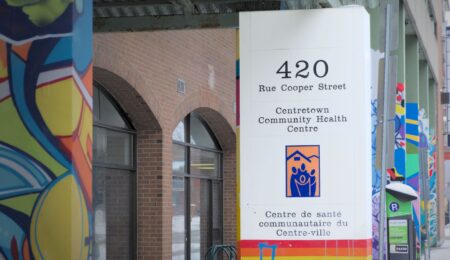Troubles with texting
The problem
LOOK AT THIS article. Now at your phone. Now back to this article. Chances are, you have plenty of text messages saying something like, “OMG, ttyl, g2g”—or at least that’s what some people might expect.
Expectations aside, there isn’t much scientific knowledge surrounding texting habits. Texting is private, and finding information about how texts are created is much more complicated.
The researchers
Elizabeth Marshman, assistant professor at the University of Ottawa’s School of Translation and Interpretation, and Lynne Bowker, chair of the School of Information Studies at the U of O, are trying to separate fact from fiction when it comes to texting.
The project
Marshman and Bowker head the Ottawa branch of text4science, a collaboration of Canadian researchers building a data set of text messages and demographic information about texters for scientific study.
Research volunteers provide information about their texting habits, language usage, and aspects of their day-to-day communications—with personal information kept confidential—and then forward their text messages to text4science. The goal is for the project to gather 100,000 text messages, and combine the data obtained in Canada with findings from similar projects in Europe.
The future
According to Marshman, “One of the things that’s really interesting … is that we don’t know what we’re going to find.” This research is considered exploratory because so little is known about texting.
The researchers hope results will show how people compress ideas into texts. They’ll also look into how French and English mix in texting and what kind of variation there is in abbreviations used. Is “c u l8tr” a universal choice, or is there more creativity involved in conveying the phrase?
Bowker also hopes the data will lead to automatic translation mechanisms for text messages, allowing texters to stay in the loop without struggling to read through a mess of unfamiliar abbreviations.
If you’re interested in participating in the study by donating your text messages, visit Text4science.ca Participants are eligible for weekly prize draws.
Are you doing interesting science? Or do you have a professor who can’t stop talking about his or her research? Let us know at [email protected]
—Allan Johnson




